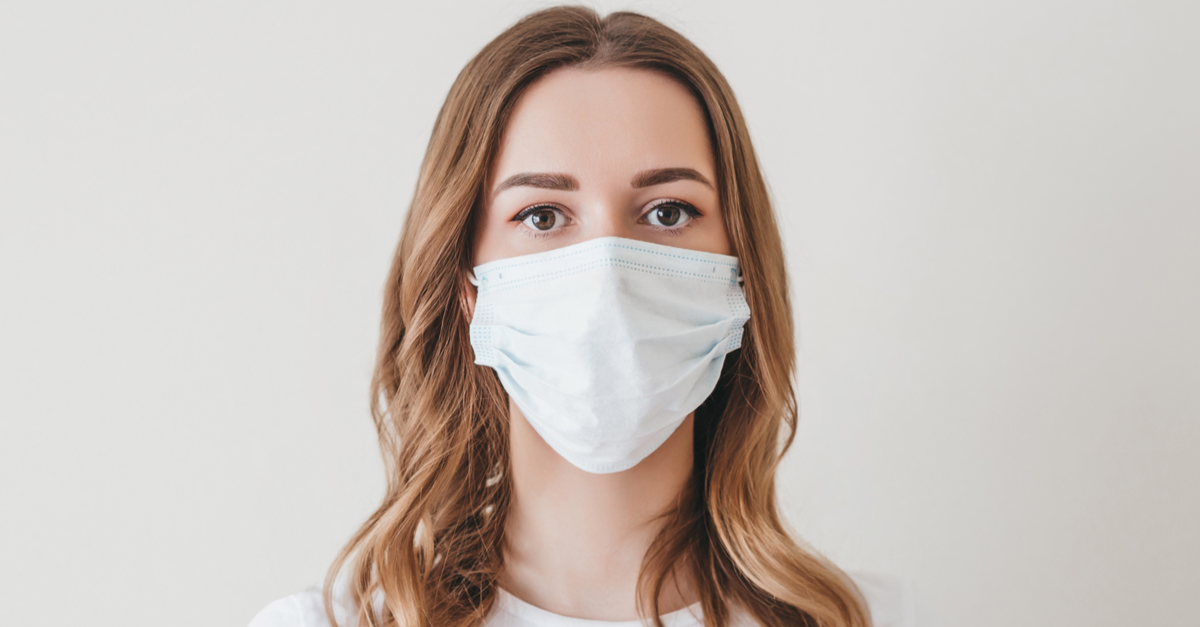Notable differences in the level of immunity gained through vaccination compared to natural infection
The first results of a study by the University of Nicosia and Bioiatriki Group have been made public
There is a significant difference between the level of antibodies (IgG) acquired by natural infection and those gained through vaccination, according to the results of the first phase of a large-scale study carried out by the Department of Life and Health Sciences of the University of Nicosia and the Bioiatriki Group, with the support of SIEMENS (provision of consumables).
The study aims to analyze the level of antibodies (IgG) against the SARS-CoV-2 virus, which causes Covid-19, in the Cypriot population. The study’s innovation is that it is based on the “blind” recruitment of volunteers who were asked to participate in the study during their routine clinical tests at Yiannoukkas Medical Laboratories/Bioiatriki Group. The first part of the study includes data regarding the level of antibodies in the general population. In the next part of this study, the immunity provided by specific T-Cells (cellular immunity) will be examined.
The first phase of the study includes 591 persons aged 18-87 years old from all cities in Cyprus, including (see Figure 1):
- a) persons who have not been infected with COVID-19 and have not been vaccinated,
- b) persons who have been infected and have not been vaccinated,
- c) persons who have been vaccinated and have not been infected and,
- d) persons who have been infected and have been vaccinated.
The first round of the study has produced some important results regarding the humoral immunity (production of B lymphocytes that secrete antibodies against the virus) against the virus, which could potentially serve to inform strategies to further combat the pandemic.
The results in detail
The results highlight a significant difference in the level of antibodies gained through natural infection, compared to vaccination. Vaccination with any of the approved vaccines in Cyprus leads to the production of statistically significant higher antibody levels compared to natural infection and a potentially higher humoral immunity (Figure 2) in all the age groups that were studied. Another important finding was that individuals who were infected with the virus and were subsequently vaccinated produced even higher levels of antibodies. This highlights the importance of vaccination of persons even if they have been infected in the past (Figure 2).
The comparison between the levels of antibodies in people who were infected but were not vaccinated and persons who were not infected but were vaccinated demonstrates that being inoculated even with one dose of the vaccine leads to higher antibody levels (Figure 3).
The increase in the levels of antibodies after vaccination is also evident if we look at the antibody levels in younger age groups, who despite having a higher percentage of infection, have lower levels of antibodies compared with the older age groups. This is probably due to the fact that the vaccination coverage in this age group was lower compared to the other age groups. (Figure 4).
“Vote of confidence” in the national vaccination programme
According to the Coordinator of the study and Head of the Department of Life and Health Sciences at the University of Nicosia, Professor Kyriacos Felekkis, “It is very important at this stage of the pandemic that we continuously evaluate the immunity status of the population by collecting data. We hope that the results of our study will contribute towards shaping and drafting evidence-based policies, thereby contributing to the national immunization strategy and the effort to vaccinate the public”. He added, “The collaboration between the University of Nicosia with one of the country’s leading providers of laboratory diagnostic services gives us the tools to conduct a comprehensive study of the Cypriot population and draw the right conclusions”.
On behalf of Bioiatriki Group, Mr. Kyriacos Yiannouka stated: “We are especially pleased to have successfully completed the first round of this large-scale and ambitious study, in which we actively participated by carrying out tests across Cyprus at our 16 testing locations, and of course by conducting antibody tests at our labs, through the use of SIEMENS’ state-of-the-art equipment . We would like to give a vote of confidence to the national vaccination programme, which as demonstrated by these first results, can induce a significant level of antibodies in the population. The collaboration between the BIOIATRIKI Group and the University of Nicosia in the research field as part of our strategic collaboration, highlights the huge potential for the development of biomedical science, to the benefit of society as a whole”.
Next Steps
The next round of the study will begin in mid-September and will include the investigationof cellular immunity as well as the levels of immunity in specific groups of the population. Relevant announcements will follow from the University of Nicosia and the Bioiatriki Group.
The members of the research team:
University of Nicosia: Prof. Kyriacos Felekkis, Dr. Christos Petrou, Dr. Christos Papaneophytou, Dr. Myrtani Pieri, Dr. Vicky Nicolaidou, Dr. Ioannis Sarigiannis, and Dr. Eleftheria Galatou
Bioiatriki Group: Mr. Kyriacos Yiannouka, Ms. Andria Nicolaou, Mr. Christos Themistokleous, Ms. Tonia Stavraki, and Mr. Tasos Kalogiannis.





